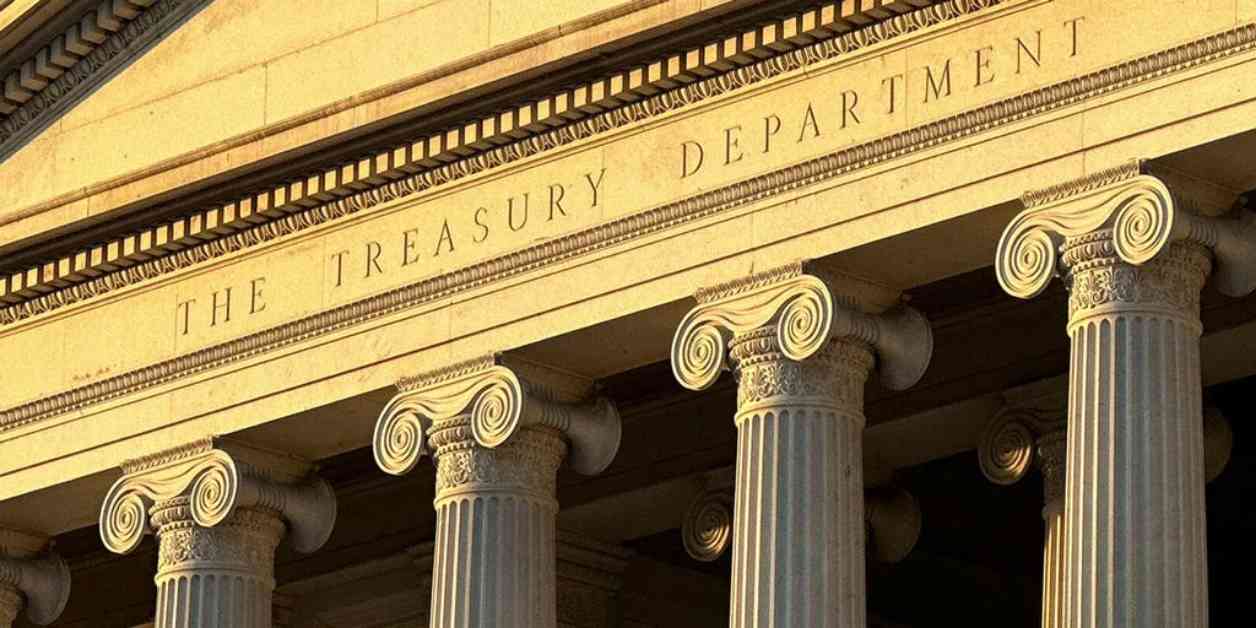China’s Treasury Department Hacked by CCP: Republican Leader Calls for Consequences
In a startling revelation on Monday, the Biden administration disclosed that China orchestrated a significant hack of the Treasury Department. The breach allowed the intruders to access unclassified documents and the workstations of government employees. This latest cyber attack comes amidst a year marked by hacking incidents across various government agencies, prompting China experts to emphasize the urgent need to combat adversarial espionage.
Consequences for CCP Espionage
Representative John Moolenaar, R-Michigan, who chairs the House China Select Committee, minced no words in calling for repercussions. He highlighted the long-standing issue of the Chinese Communist Party (CCP) evading accountability for its increasingly aggressive cyber intrusions. Moolenaar urged Congress and the incoming Trump administration to impose escalating costs to deter further CCP actions.
Uncertain Motives and Global Implications
While the exact motives behind the hack remain unclear, the Treasury Department’s repository of sensitive data on global financial systems and China’s economy raises concerns. Gordon Chang, a prominent China expert, emphasized the broader repercussions of such breaches. He pointed out that even though only unclassified documents were compromised, the attack on the Treasury reverberates globally, casting doubts on the stability of American financial markets that countries rely on.
Expert Insights and Speculations
Chang further speculated on Chinese President Xi Jinping’s potential motives, suggesting that the breach may have been orchestrated to sow global uncertainty and showcase vulnerabilities in U.S. networks. Despite China’s denial of involvement and labeling the accusations as baseless, the Treasury maintained that a Chinese state-sponsored actor was responsible for the intrusion.
Ongoing Cyber Warfare and National Security Concerns
The Treasury hack joins a string of cyber assaults on American infrastructure by China, including the notorious Salt Typhoon attack. This extensive breach targeted U.S. telecommunications giants, compromising private communications of Americans, including government officials and political figures. The relentless cyber onslaught has underscored the pressing need for robust cybersecurity measures and proactive strategies to counter foreign threats.
Call to Action and Defensive Strategies
Amid mounting frustrations over repeated cyber intrusions, voices like Representative Mike Waltz, R-Florida, have advocated for a shift from defensive postures to offensive actions. Waltz emphasized the necessity of imposing consequences on entities engaging in cyber theft and attacks on critical infrastructure like water systems, power grids, and ports. The urgency of the situation has prompted discussions on imposing tariffs and stringent measures to safeguard national security interests.
As the U.S. grapples with escalating cyber warfare, the imperative to fortify defenses, retaliate against aggressors, and safeguard critical infrastructure has become paramount. The call for stringent actions against cyber adversaries resonates as a clarion call to protect national interests in an increasingly volatile digital landscape.




